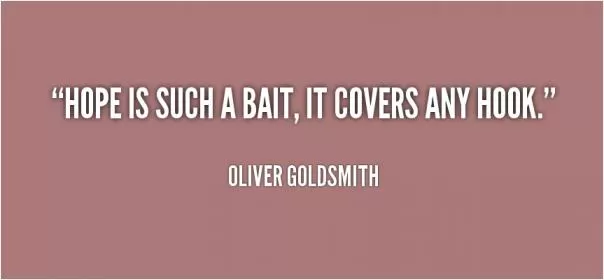Though equal to all things, for all things unfit; too nice for a statesman, too proud for a wit

Though equal to all things, for all things unfit; too nice for a statesman, too proud for a wit
The quote "Though equal to all things, for all things unfit; too nice for a statesman, too proud for a wit" perfectly encapsulates the complex and contradictory nature of the renowned Irish writer and poet, Oliver Goldsmith. Goldsmith was a man of many talents and interests, yet he often struggled to find his place in the world due to his own insecurities and self-doubt.Goldsmith was indeed "equal to all things" in the sense that he excelled in a variety of fields, including poetry, drama, essays, and novels. His literary works, such as "The Vicar of Wakefield" and "The Deserted Village," are still celebrated for their wit, humor, and social commentary. Goldsmith was also a skilled physician and natural historian, with a deep knowledge of botany and zoology. However, despite his many talents, Goldsmith often felt like he didn't quite fit in anywhere.
The quote suggests that Goldsmith was "too nice for a statesman, too proud for a wit," highlighting his struggles with self-confidence and social acceptance. Goldsmith was known for his gentle and kind-hearted nature, which made him ill-suited for the cutthroat world of politics. He was often taken advantage of by others and struggled to assert himself in professional and personal relationships. At the same time, Goldsmith's pride and vanity sometimes got in the way of his success as a writer and intellectual. He was sensitive to criticism and often felt overshadowed by his more famous contemporaries, such as Samuel Johnson and Edmund Burke.












 Friendship Quotes
Friendship Quotes Love Quotes
Love Quotes Life Quotes
Life Quotes Funny Quotes
Funny Quotes Motivational Quotes
Motivational Quotes Inspirational Quotes
Inspirational Quotes